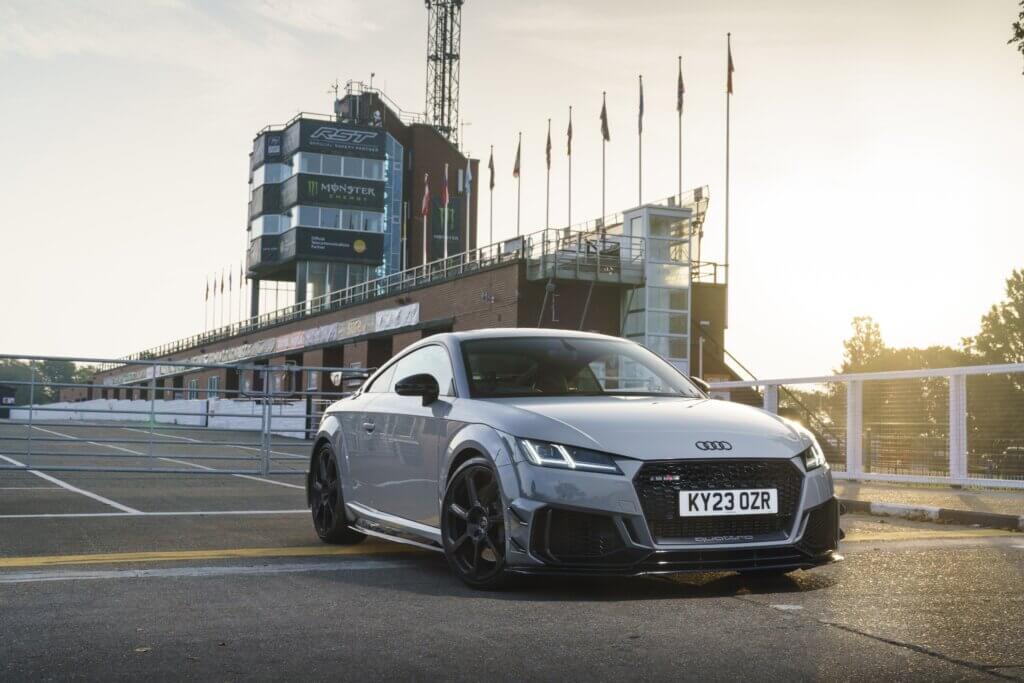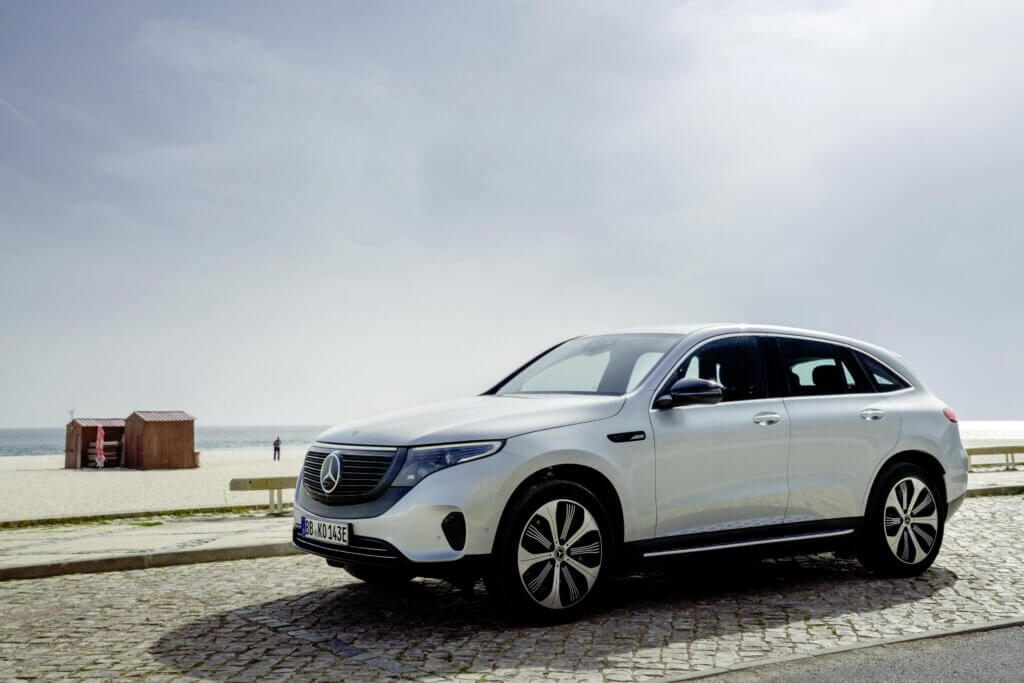But what makes German cars so desired? It’s probably because the key German manufacturers such as BMW, Mercedes and Audi have always created cars that inspire people to get behind the wheel. Highlights like the Mercedes SL, the Audi R8 and BMW’s performance range of ‘M’ cars have always trickled down to more ‘normal’ models, meaning if you’re opting for a standard diesel saloon it still feels like you’re getting a little bit of that sparkle.
Its why the best German cars are often seen as the pinnacle of motoring and remains a key reason why so many people aspire to driving a car made in this motor-mad country.
The Best German Cars
The good news is that if you are fancying yourself as a driver of a German car then there’s loads of variety to choose from. We’ve picked out some of the tip-top German models from all kinds of segments, ranging from the spacious SUV to the go-faster coupe. Let’s take a little look at what’s on offer.




